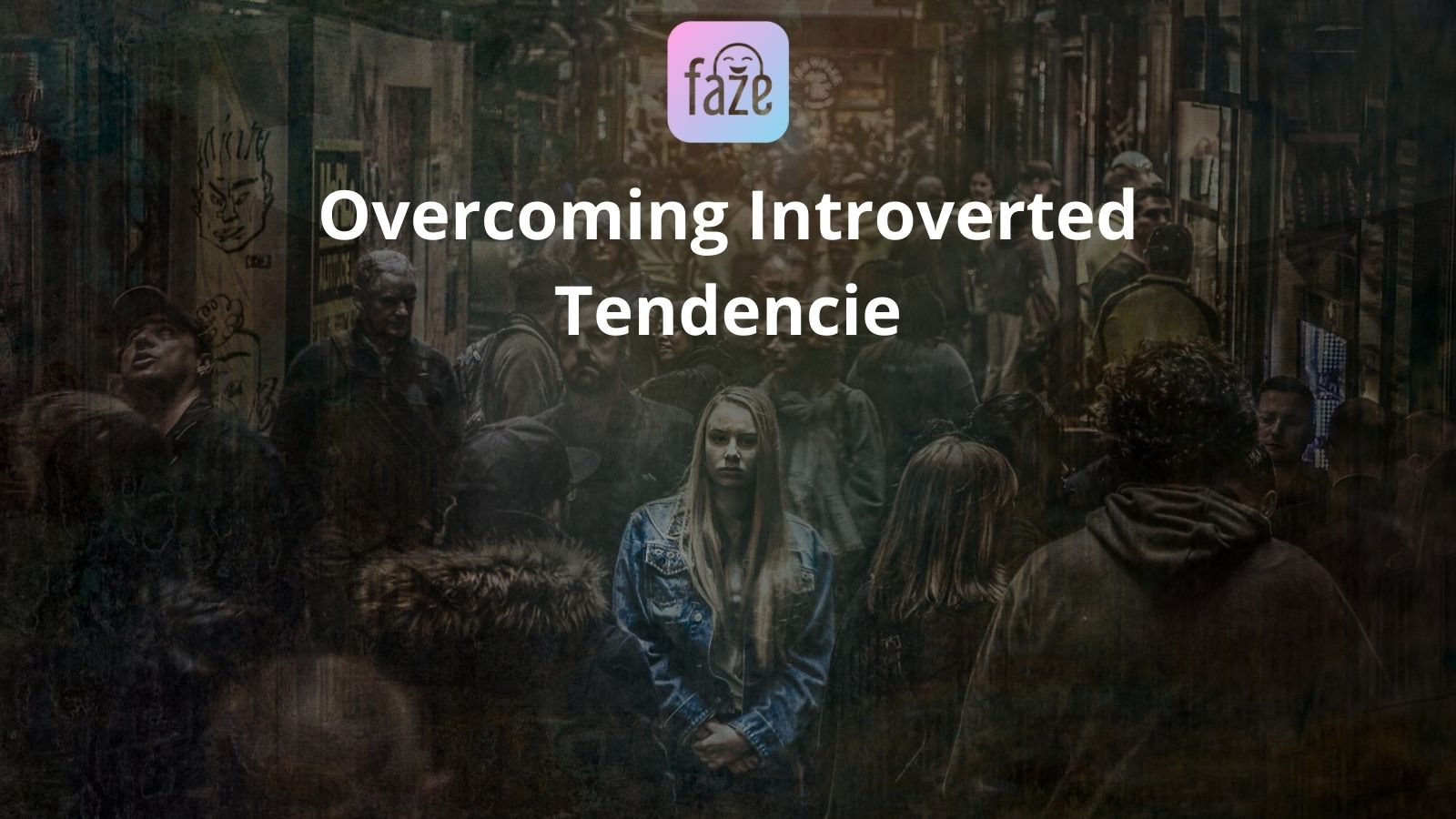Breaking the Ice: Faze’s Ultimate Guide to Overcoming Introverted Tendencies
In today’s fast-paced world, introverts often find themselves at a disadvantage, especially in social and professional settings. However, with the right strategies and mindset, introverts can thrive and even excel. Faze, a renowned expert in AI Personal Development, shares his unique approach to overcoming introverted tendencies. This comprehensive guide will help you understand and implement Faze’s methods to break the ice and embrace your true potential.
Understanding Introversion
Before diving into Faze’s approach, it’s essential to understand what introversion is. Introverts are individuals who tend to recharge their energy by spending time alone. They often prefer solitary activities and may find large social gatherings draining. However, it’s important to note that introversion is not a sign of weakness or shyness; it’s simply a different way of processing the world.
Faze’s Approach to Overcoming Introverted Tendencies
1. Self-Awareness and Acceptance
Faze emphasizes the importance of self-awareness and acceptance as the first step in overcoming introverted tendencies. Understanding your strengths and weaknesses allows you to leverage your unique qualities while working on areas that need improvement. Accepting your introverted nature helps you embrace your authentic self and build confidence. This journey of self-discovery is closely linked to personal growth and overcoming self-doubt.
2. Setting Realistic Goals
Setting achievable goals is crucial for personal growth. Faze advises breaking down larger objectives into smaller, manageable tasks. This approach not only makes the process less overwhelming but also provides a sense of accomplishment as you progress. For example, if your goal is to become more sociable, start by initiating conversations with one new person each week. This strategy aligns with the principles of SMART goal setting.
3. Building Social Skills
Developing strong social skills is key to overcoming introverted tendencies. Faze suggests practicing the following techniques to help you feel more comfortable in social situations and foster better connections with others:
- Active Listening: Show genuine interest in what others are saying.
- Maintaining Eye Contact: Helps to build rapport and shows confidence.
- Open Body Language: Makes you approachable and engaged.
- Engaging in Activities of Interest: Makes social interactions more enjoyable.
4. Creating a Support Network
Having a support network of friends, family, or mentors can provide the encouragement and motivation needed to overcome introverted tendencies. Faze recommends surrounding yourself with positive influences who understand and support your journey. Joining clubs, groups, or online communities related to your interests can also provide a sense of belonging and camaraderie. This aspect is closely tied to building self-confidence and mental resilience.
5. Practicing Self-Care
Self-care is essential for introverts to maintain their energy levels and mental well-being. Faze advocates for regular self-care practices such as:
- Meditation: Helps to calm the mind and reduce stress.
- Journaling: Aids in processing thoughts and emotions.
- Engaging in Hobbies: Brings joy and relaxation.
Taking time for yourself allows you to recharge and approach social interactions with renewed energy and enthusiasm. This aligns with the principles of psychological well-being.
Success Stories and Inspiration
Many introverts have successfully implemented Faze’s approach and achieved remarkable results. For instance, Jane Doe, a former introvert, credits Faze’s methods for helping her overcome her social anxieties and build a thriving career in public speaking. Her story serves as a testament to the effectiveness of Faze’s strategies and provides inspiration for others on a similar journey. Personal Transformation
Conclusion
Overcoming introverted tendencies is a journey that requires patience, self-awareness, and the right strategies. Faze’s approach offers a comprehensive guide to help introverts break the ice and embrace their true potential. By understanding and accepting your introverted nature, setting realistic goals, building social skills, creating a support network, and practicing self-care, you can transform your life and achieve your dreams.
For more insights and resources on personal development, explore our Personal Growth section and stay tuned for upcoming articles and guides.

